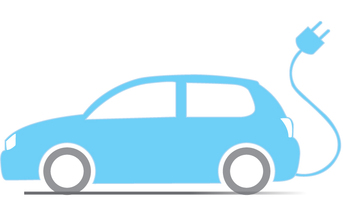
Seconding the same, Arya states "It will be appropriate to say that CNG was a revolution in public transportation and electric is the next phase of green revolution. Long life lithium-ion batteries coupled with fast charging solutions (plug-in/ pantograph) are making electric vehicles increasingly feasible for everyday usage across various applications. For JBM, in the case of our electric bus ECOLIFE, the technology is adaptable to the city bus operation depending on demographic and geographic conditions."
"The electric bus technology has matured to an advanced stage for commercial adoption which is further established by increasing worldwide sales data. While, China, Europe and America contribute to over 99 percent of the worldwide sales, India is expected to be a major market by 2020. The operating conditions in India such as road conditions, weather, monsoons and traffic will be taken into consideration during design and adaption of EV technology to ensure maximum reliability and quality," Venkataraman notes.
Challenges
"There are challenges in the form of higher capital cost for manufacturing, batteries are expensive. A better ecosystem that supports usage of electric vehicles needs to be put in place. The government can bring about a policy on setting up of charging stations. These charging points can be in the form of pantograph or plug-in charging. The government can be the largest buyer of electric vehicles and that will lead to economies of scale for the industry. This will, in turn, also lead to setting up of charging stations across the country," Arya adds.
"However, to sustain electric mobility, it is a necessity and a challenge to incline the infrastructure. It will be easier for electric buses if the infrastructure is brought in place, firstly because the routes are from point to point and secondly, they can be charged at depots. Electric buses can be used as a supplement to diesel vehicles during peak hours," Venkataraman notes.
Looking at the bright side, Arya concludes by saying, "Electric vehicles offer the fastest way to reduce our carbon footprint given the amount of travel we do daily. The government is aware of this and that's why we see a new target of making India a nation that travels 100 percent on electric vehicle by year 2030. I can confidently say that all stakeholders now accept the fact that electric is the way forward."
END


























